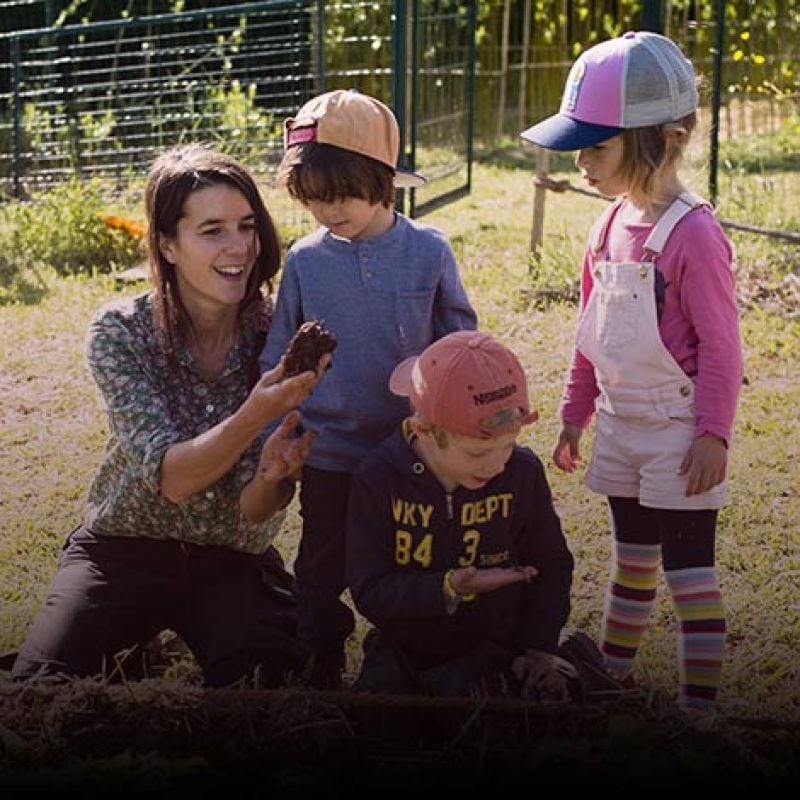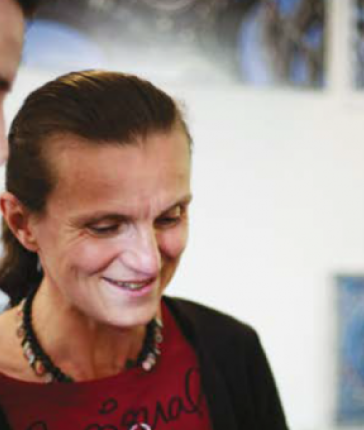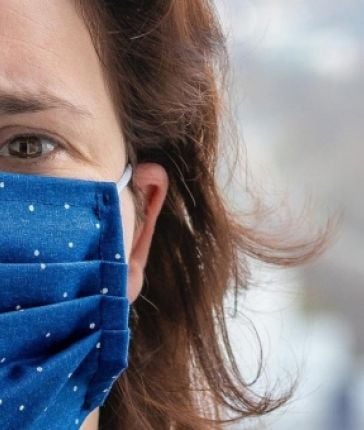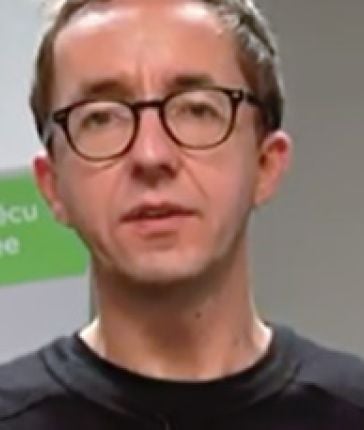The transition from child to adult is often a tricky one and can be painful. Risk-taking can be an expression of teenage angst. The priority is to identify then quickly point at-risk young people to qualified professionals. This strategy helps prevent crisis situations and treats symptoms before they become chronic.
Supporting psychologically distressed young people
“Teenage angst” can take many forms, sometimes very dangerous ones, including: eating disorders; drug, alcohol and tobacco consumption; video game addiction; withdrawal and the emergence of mental illness. For some, the added impact of lockdown and its consequences may have triggered, accelerated or reinforced these problems.
The pandemic led to social isolation, an increased feeling of loneliness, juvenile delinquency prevention programs being interrupted or no longer available and, in some cases, family tensions. All of this on top of the stress and anxiety induced by the risk of contamination… In addition, the psychosocial ripple effect is huge, including for young people who may have to bear a heavy cost in terms of early school leaving, difficulty in entering the labor market, following a training course and so on. Decompensation and completed suicides may rise, as evidenced by a modeling study published by the Australian Medical Association, which predicts an average 25%-30% increase in suicides in young people.
Despite having dipped in the past ten years, suicide still represents 16% of deaths in 15-25 year olds and the recent I-Share (Inserm) study reveals that 23% of students have had suicidal thoughts.
Generally, adolescence can represent a period of vulnerability, during which young people rarely express the need for help. Early support can often prevent a risky situation before things get worse.
In addition, young people who stick to their treatment programs, with their families involved, find it easier to achieve healing and independence.
In January 2016, our work therefore focused especially on treatment protocols so that teens, young adults and their friends and family could be identified faster and cared for better.
We have three objectives:
- reinforcing early identification of young people experiencing psychological distress and /or the emergence of mental illness;
- facilitating young people’s access to and compliance with treatment protocols [1], thanks to cross-sector partnerships;
- encouraging young people to become more independent and promoting projects that include young people and their parents, siblings, friends, etc.
[1] This is how the ARS defines treatment protocol: “the overall care pathway for patients and users in their health area (...) It requires coordinated action from prevention, healthcare, medical and social care professionals.”







